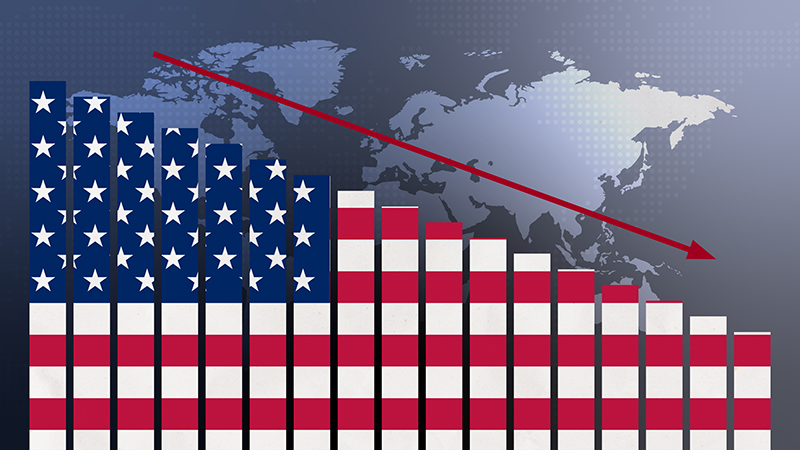S. W. Mitchell Capital founder and CIO Stuart Mitchell echoed Kumar’s optimism, stating that he continues to see “a European economy that is somewhat stronger than investors perceive.”
Mitchell added: “Our view is further supported by a raft of very encouraging data in recent months, such as eurozone manufacturing PMI rising to its highest level for five and a half years and French PMI reaching a five-year high. Spanish job creation also rose at the fastest rate since the property market collapse a decade ago.”
Measured against the US, Europe looks much more attractive than it did a year ago, thanks to headwinds from Trump’s protectionist ways and a stronger dollar, offered Hermes Investment Management European equities portfolio manager Tim Crockford.
“Looking across the cycle, the S&P 500 trades on a cyclically-adjusted PE of about 26x, versus a STOXX 600 CAPE of about 16x,” said Crockford. “Even when the most extreme Trumponomics-inspired tax cuts have been priced into the earnings figure, it is questionable how much gas is left in the equity market cycle, now in its eighth year.”
He added: “There are brewing headwinds too: Trump’s aggressive protectionism may have many undesirable effects on his own economy, such as squeezing up cost inflation, cancelling out some of the gains from lower taxation. Exporters, meanwhile, are likely to face further hurdles in the form of a strong US dollar and increasing trade war retaliation.”
And though bond spreads in Portugal, Spain, Greece and even France continue to make investors uneasy, “the distinctions between the borrowing costs of European nations suggest investors are being more discriminatory than they have been in the past,” said Kumar. Also, there is hope that a steeper yield curve will ail Europe’s flagging banks.
This new era for investing in Europe requires an entirely different approach, however. The sector rotation is underway in Europe, like most developed markets, which means the days of sticking money in European consumer staples to strategically gain low-risk exposure to the region are gone, argued Kumar.
In theory, this type of investment environment should allow active managers to come out ahead of tracker funds, he added, although every year that has been dubbed ‘the year for active managers to outperform the market’ very rarely has been.











